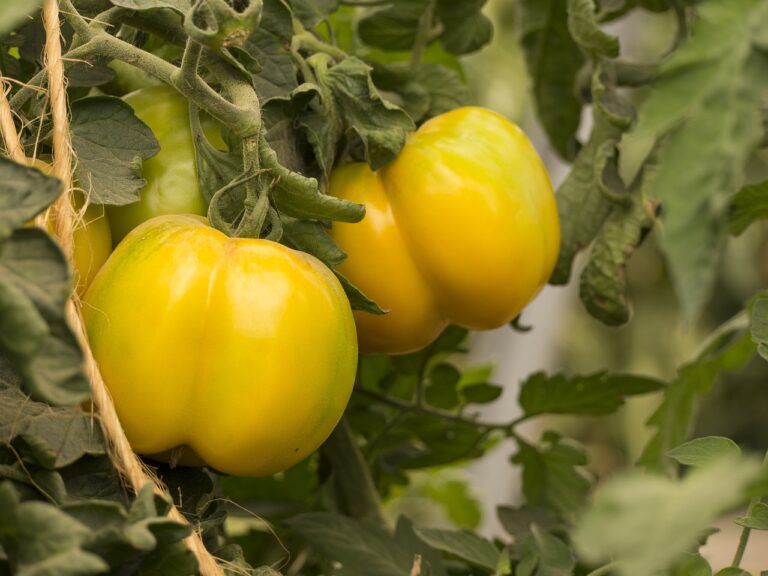Analyzing the Impact of Meat Processing on Water Pollution: Betbhai com whatsapp number, Playexch, Lotus365 in login password
betbhai com whatsapp number, playexch, lotus365 in login password: Analyzing the Impact of Meat Processing on Water Pollution
When we think about water pollution, images of factories dumping chemicals into rivers might come to mind. However, one surprising contributor to water pollution is the meat processing industry. Meat processing plants often release a variety of pollutants into the environment, which can have detrimental effects on our water sources. In this article, we’ll delve into the impact of meat processing on water pollution and explore some potential solutions to this pressing issue.
The Impact of Meat Processing on Water Pollution
Meat processing plants generate a significant amount of wastewater, which is often contaminated with blood, fat, protein, and other organic matter. This wastewater is typically treated before being discharged into water bodies, but the treatment process is not always effective in removing all pollutants. As a result, harmful substances such as nitrogen, phosphorus, pathogens, and heavy metals can enter our waterways, posing a threat to aquatic ecosystems and human health.
In addition to wastewater discharge, meat processing plants also produce solid waste, such as bones, feathers, and packaging materials, which can end up in water bodies and contribute to pollution. The use of antibiotics and hormones in animal farming can also lead to water contamination, as these substances can leach into the soil and eventually reach groundwater and surface water sources.
Overall, the impact of meat processing on water pollution is significant and cannot be ignored. Sustainable practices must be implemented to reduce the environmental footprint of the meat industry and protect our water resources for future generations.
Potential Solutions to Mitigate Water Pollution from Meat Processing
Fortunately, there are several measures that meat processing plants can take to mitigate their impact on water pollution. Some of these solutions include:
1. Implementing water recycling and reuse systems to reduce the amount of freshwater intake and wastewater discharge.
2. Installing advanced wastewater treatment technologies to remove harmful pollutants before discharge.
3. Adopting sustainable farming practices that minimize the use of antibiotics and hormones.
4. Improving waste management practices to reduce the amount of solid waste generated by meat processing plants.
5. Collaborating with government agencies and environmental organizations to establish and enforce regulations on water pollution from meat processing.
By implementing these solutions, meat processing plants can significantly reduce their impact on water pollution and contribute to a healthier environment for all.
FAQs
Q: How does water pollution from meat processing affect human health?
A: Water pollution from meat processing can contaminate drinking water sources and expose humans to harmful substances such as pathogens and heavy metals, which can cause a range of health issues, including gastrointestinal problems and neurological disorders.
Q: Are there any laws or regulations governing water pollution from meat processing?
A: Yes, there are federal and state regulations that govern the discharge of wastewater from meat processing plants. These regulations set limits on the amount of pollutants that can be released into water bodies and require meat processing plants to obtain permits for their wastewater discharges.
Q: What can individuals do to help reduce water pollution from meat processing?
A: Consumers can support sustainable meat producers that prioritize environmental stewardship and use organic and grass-fed farming practices. Additionally, reducing meat consumption and opting for plant-based alternatives can help decrease the overall environmental impact of the meat industry.
In conclusion, the impact of meat processing on water pollution is a pressing issue that requires immediate attention and action. By implementing sustainable practices and investing in advanced technologies, meat processing plants can mitigate their environmental footprint and help protect our water resources for generations to come. It’s time for the meat industry to step up and take responsibility for its role in water pollution, and together, we can make a difference in preserving our planet’s most valuable resource.







